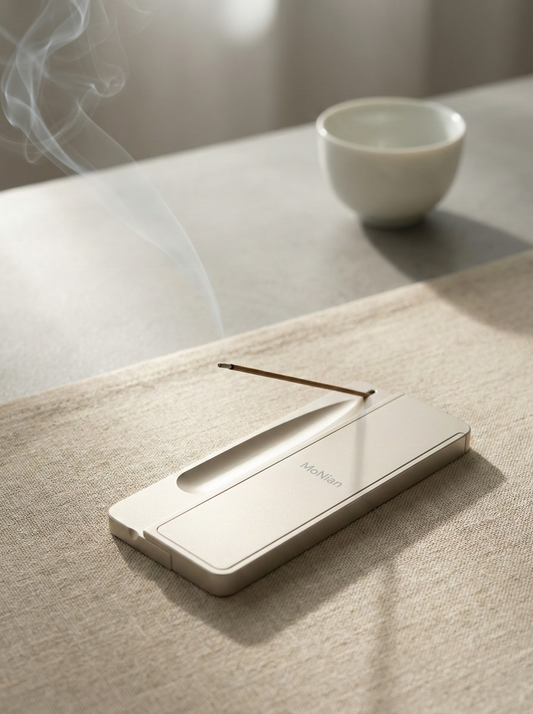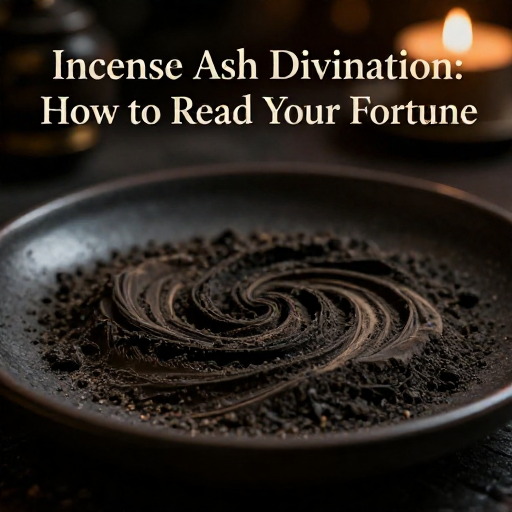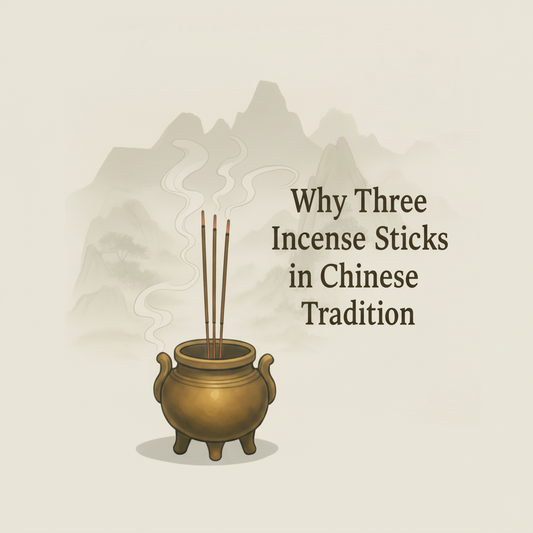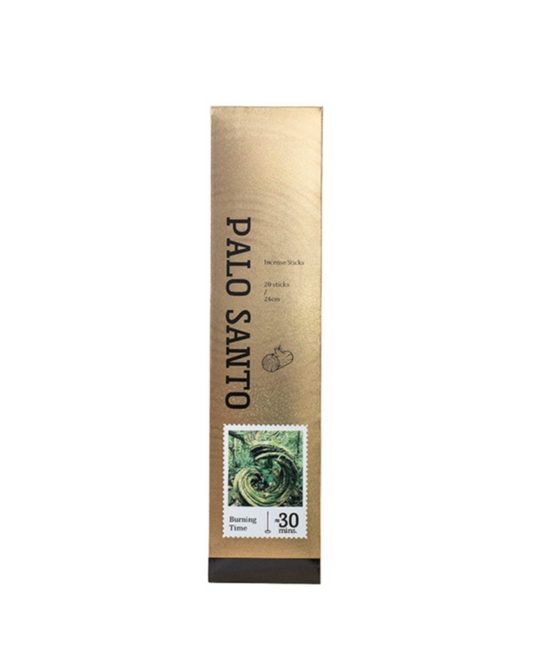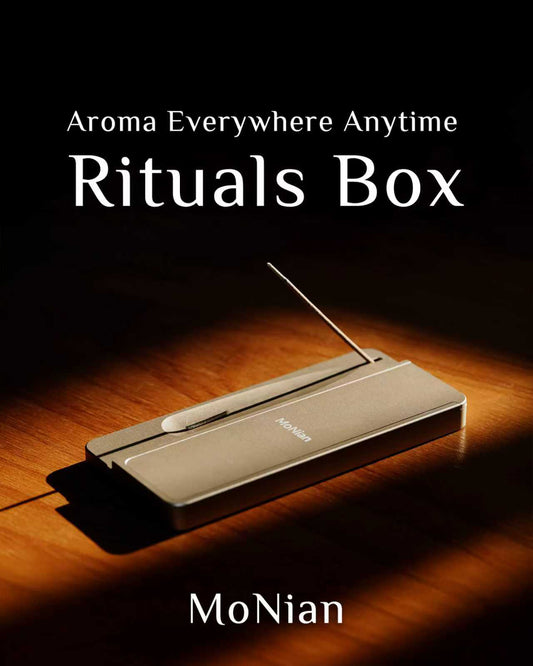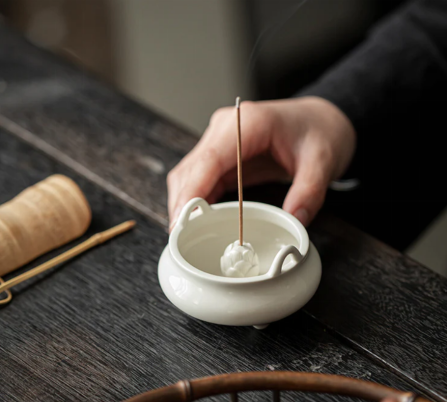
Which Incense Holder Is Better – Chinese or Japanese Styles?
Lighting incense is engaging with ancient cultures and customs. An incense holder does more than hold incense; it is a work of art. There are two categories if you look into incense holders: Chinese and Japanese. There is much to compare: design, utilization, and cultural implications. Which is the best choice for you? Let's find out!

Chinese Incense Holders – Old-World Drama Meets Modern Mood
If you enjoy history and rich traditions, Chinese incense holders would be a great choice for you. They have a sense of grandness and a link to ancient traditions.
Historical Background
The practice of burning incense in China has been around for over 2,000 years and began in Taoist and Buddhist temples, linking heaven and earth, while the smoke carries the prayers from the earth to heaven. It later became part of the home decor during the Ming and Qing dynasties. They were beautiful art pieces and even early air purifiers, filling rooms with pleasant scents.
Types of Chinese Incense Holders
Antique Chinese incense holders can be an amazing variety, with plenty of charm:
- Ceramic Burners: Often elegant pieces, filled with beautiful hand-painted designs, such as classic blue and white porcelain.
- Bronze Burners: These are great for history enthusiasts. They are usually relatively heavy and elaborate, and are well-suited to making a larger sacred space. A vintage brass Chinese incense holder would be an example that is timeless and has a solid design and construction.
- Wooden Stands: These are a natural, straightforward style, usually made to fit sticks or coils.
Design and Aesthetics
Chinese incense stick holder tends to be bold and ornate. It takes the form of a larger piece in a bold color like a deep red or the imperial golds, or even a blue and white traditional color palette. Chinese incense holders may also exhibit symbolic motifs with dragons, clouds, and pagodas to give them an art object quality.
Best For
Chinese incense holders are a good match for you if you:
- Love traditional decor and want to add a little bit of ancient elegance to your home.
- Prefer bold, symbolic pieces that tell a story.
- Use thicker incense sticks or coils that need a larger clearance.
Japanese Incense Holders – Quiet Beauty for Mindful Moments
If your ideal space is clean, serene, and understated in subtle elegance, then you will likely appreciate Japanese style incense holders. They focus on the simplicity of the present moment.
Historical Background
Incense first came to Japan with Buddhism in the 6th century. Kōdō (the "Way of Incense") developed as an art form in its own right over centuries of practice meditating with scents, diffusing subtle scents into conscious minds. The rich history speaks to why Japanese incense holders are designed as simple and elegant pieces.
Types of Japanese Incense Holders
Japanese incense holders offer a range of understated elegance:
- Kōro: These are small, lidded ceramic or brass vessels, perfect for sticks or small coils. You often see them in tea rooms.
- Hanging Burners: More often found in temples or traditional tea rooms. They disperse smoke in a softer way.
- Japanese Incense Stick Holder: Likely used every day, the traditional Japanese incense holder is a simple tray or flat block to secure skinny incense sticks upright and catch the falling ash.
Design and Aesthetics
Japanese incense stick holders are minimalist and clean in design. These holders tend to be compact with a design that blends into an environment rather than stands out. You'll mostly find these designs in soft earth tones, matte black, and natural wood tones; some may even have very subtle motifs of the moon or waves. There is a focus on the incense scent and calm.
Best For
A Japanese incense stick holder can be a good choice when you:
- Have Zen-inspired or modern interiors that center simplicity and clean lines.
- Prefer understated, functional designs that vanish into a space.
- They primarily burn thin incense sticks, like Japanese sandalwood sticks, where the style has to be a more delicate holder.
Chinese vs Japanese Incense Holder – Quick Side-by-Side List
To help you quickly compare, here's a side-by-side look at the key features:
|
Feature |
Chinese |
Japanese |
|
Look |
Ornate, bold, symbolic |
Simple, clean, understated |
|
Size |
Often large centerpiece |
Usually compact |
|
Materials |
Bronze, porcelain, ceramic |
Ceramic, brass, clay |
|
Best Incense |
Coils, cones, powder |
Slim sticks, small coils |
|
Decor Style |
Traditional, maximalist |
Minimalist, modern, wabi-sabi |
|
Cultural Feel |
Grand ceremony, heritage |
Daily mindfulness, quiet ritual |
|
Maintenance |
More surface to dust |
Quick wipe or rinse |

How to Choose – 5 Key Questions to Ask Yourself
Now that you are aware of the major distinctions, let's move on to which one you want to choose. Ask yourself these five questions:
1.What incense do you use most?
If you burn thick coils or cones, a Chinese burner with a wider bowl is best. For slim sticks, a Japanese holder or Japanese brass incense holder is perfect.
2.What's your decor style?
For ornate, bold decor, a Chinese holder fits well. If your space is minimalist with clean lines and natural woods, a Japanese ceramic incense holder will be a better match.
3.Is cultural authenticity important to you?
If you care about ancient tradition, you can look at a temple-grade Chinese bronze censer or a traditional Japanese kōro.
4.How much maintenance are you willing to do?
Ornate Chinese pieces might need more dusting. For a quick rinse-and-go option, a simple Japanese ceramic holder is easier.
5.What are your budget considerations?
For an affordable starter under $25, a small Japanese holder is great. For a statement gift ($50+), an elaborate Chinese porcelain burner is ideal.
Conclusion – Finding Your Perfect Match at Monian
Whether you prefer the boldness and elegance of Chinese incense holders, or the refined simplicity of Japanese style, the best holder is based on the kind of incense used, the decorative style of a holder, and your preferences. At Monian, we are about the artistry of Chinese-style pieces, which includes the traditional historical details but modern craftsmanship. Our incense burners are for customers who appreciate depth and beauty within culture and through time.
Browse our exceptional collection of Incense Holders & Burners. Each item carries its own story. We have handmade ceramic incense holders, vintage brass stands, and more to suit your ceremonial routine. Light your incense, take a deep breath in, and let Monian change your space!
FAQ:
Can I use cone incense in a Japanese incense holder?
Only if the dish is deep enough to safely hold the cone and catch all the ash. Most traditional Japanese holders are designed specifically for slender sticks, so they might not be ideal for cones.
Are Japanese brass incense holders safe for hot cones?
Yes, brass is a durable metal that spreads heat quickly, and it won't crack with heat, but you should always put any kind of hot burner on a heat-safe surface to prevent ruining your furniture.
How do I clean a traditional Japanese incense holder?
For unglazed clay or ceramic holders, just tap out the ash, rinse with warm water, and allow to completely dry. You don't need soap for cleaning, especially with unglazed holders.
Discover More in Monian
Explore our handcrafted incense holders and natural incense collections designed to bring peace and elegance to your space.
Discover Now
